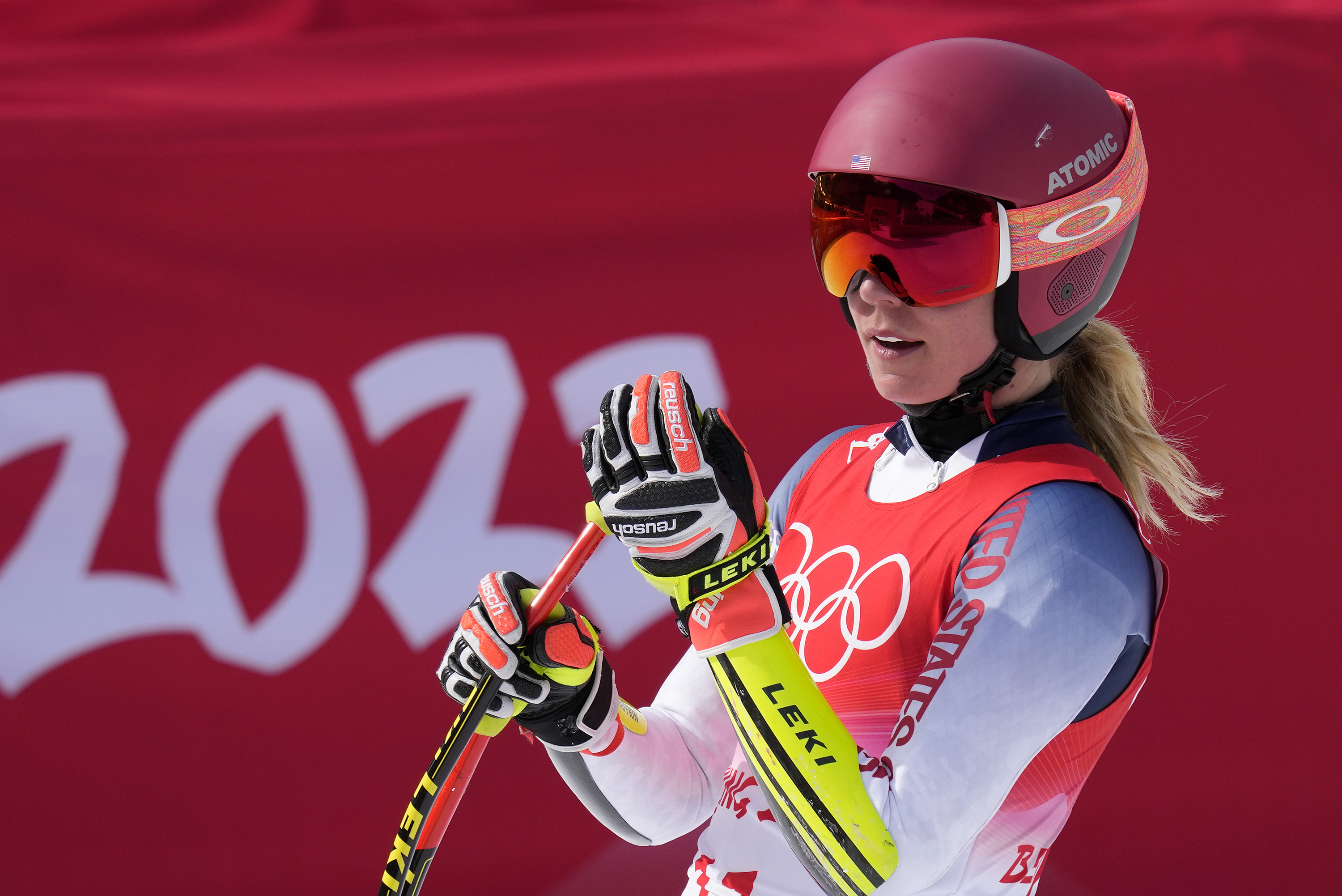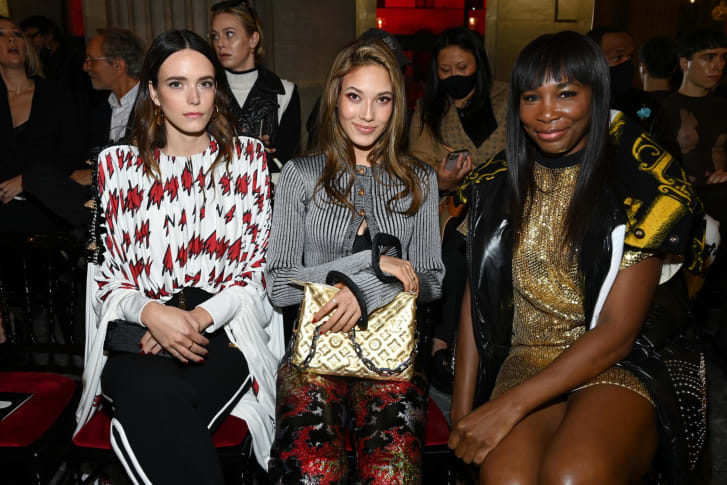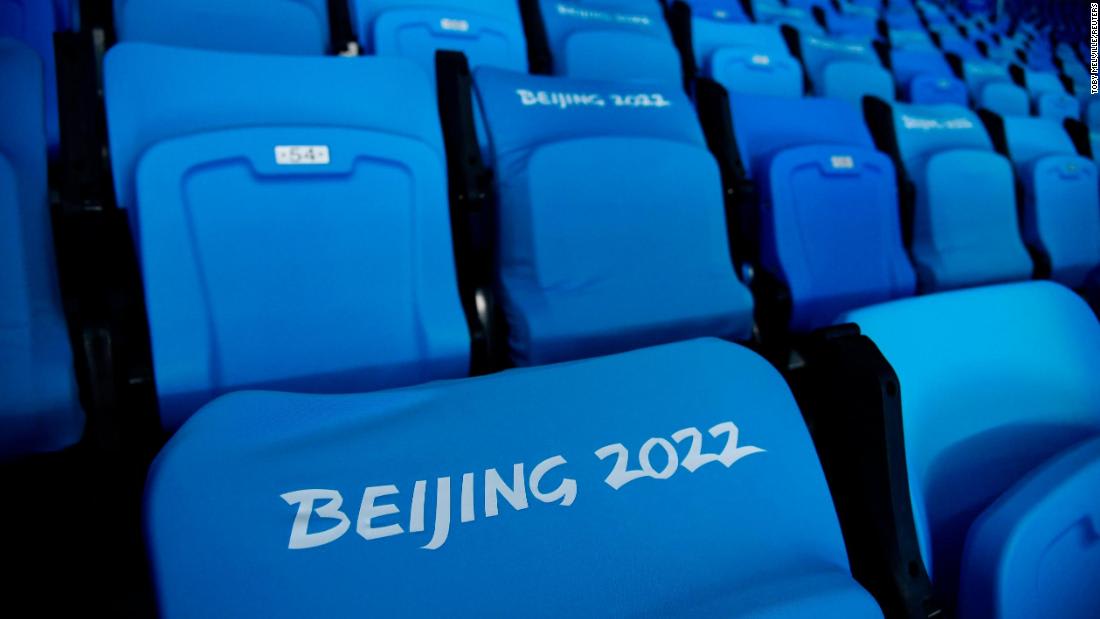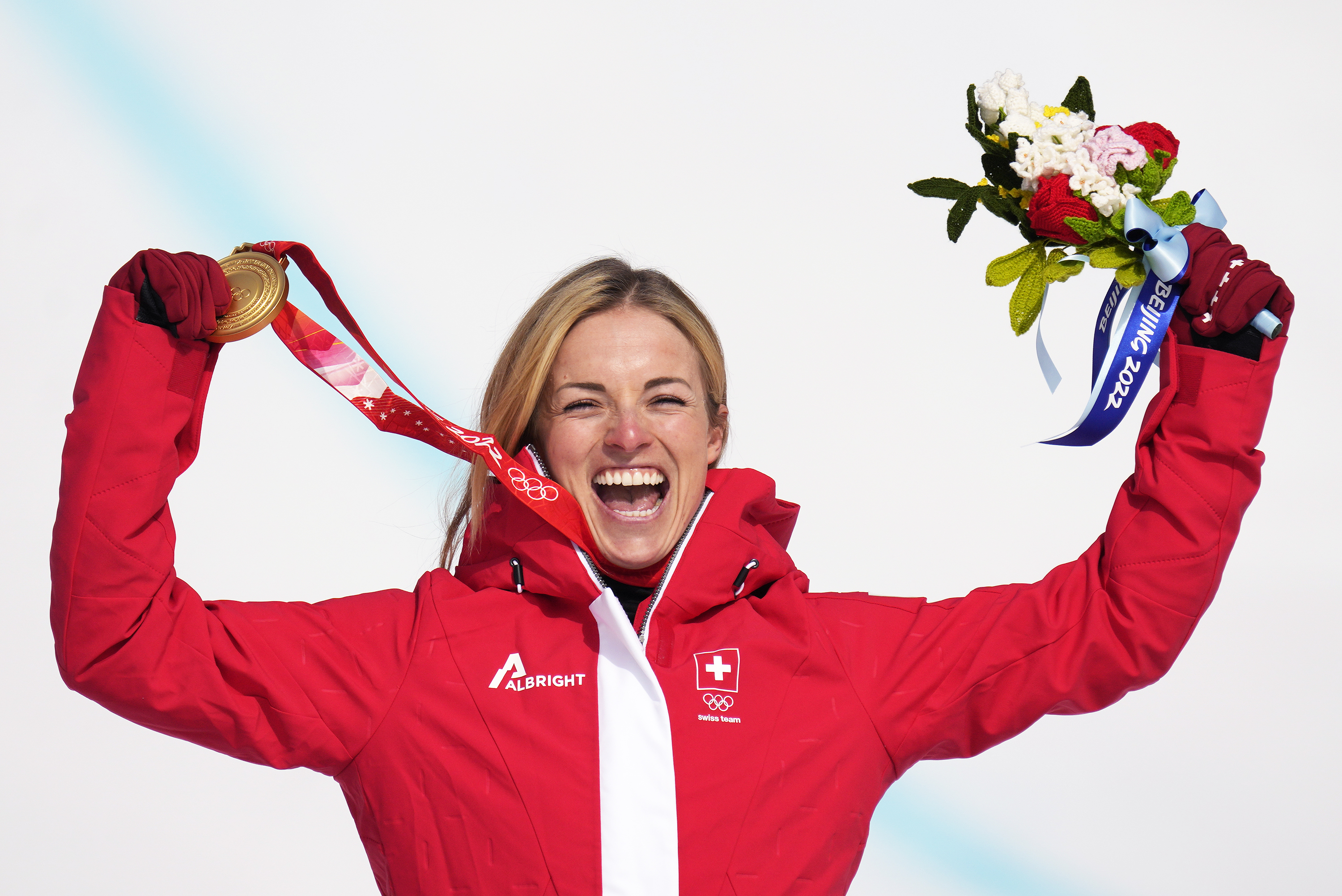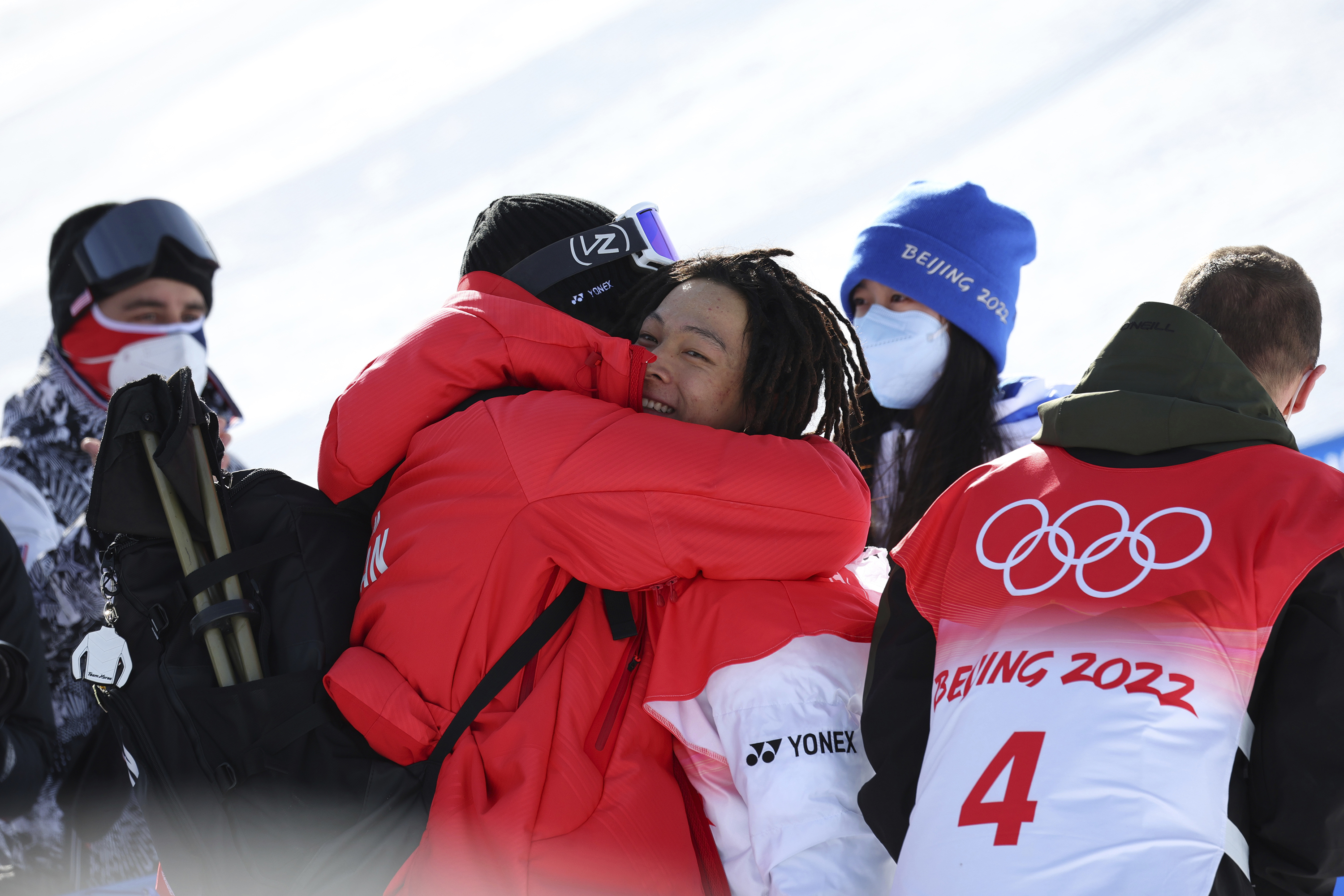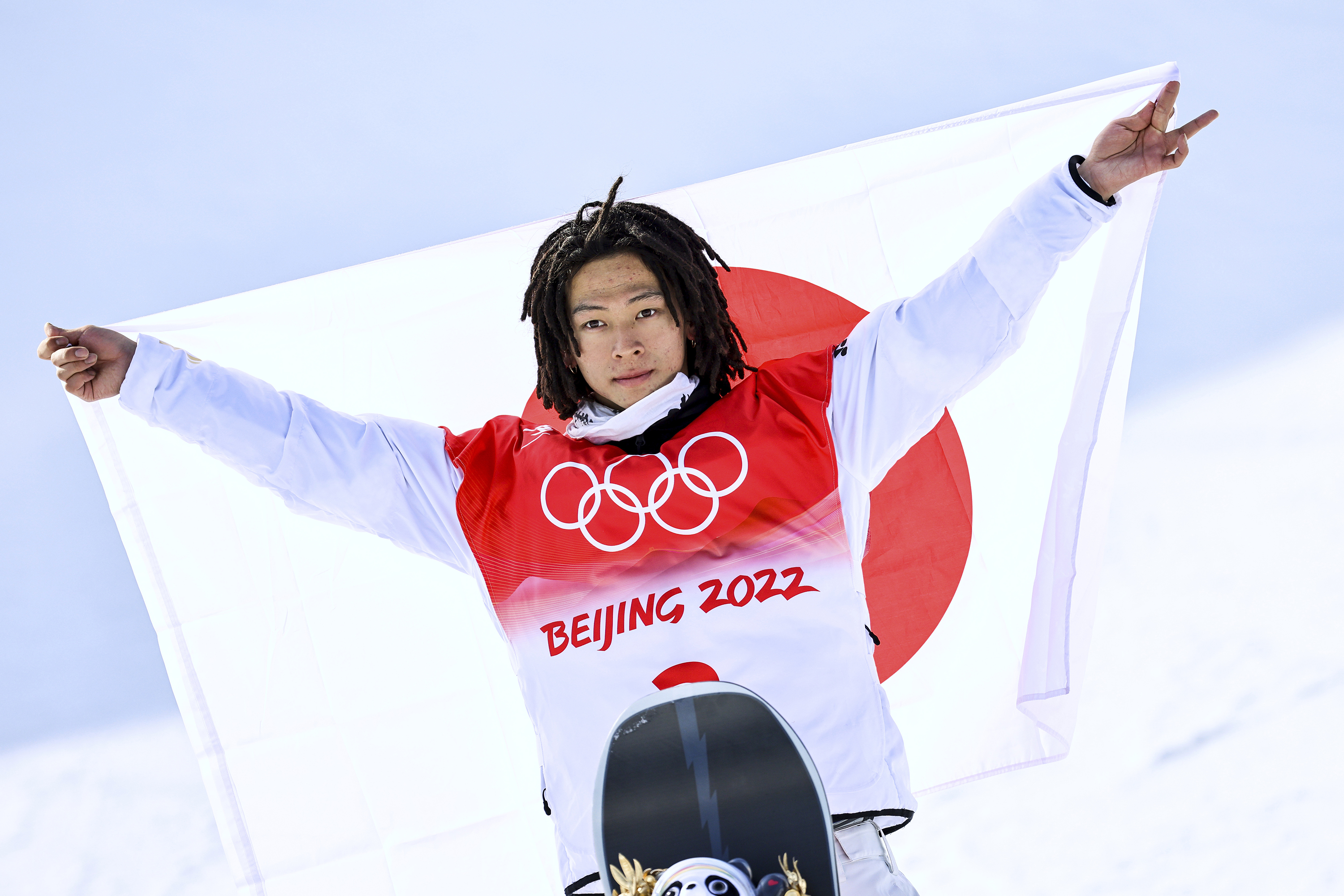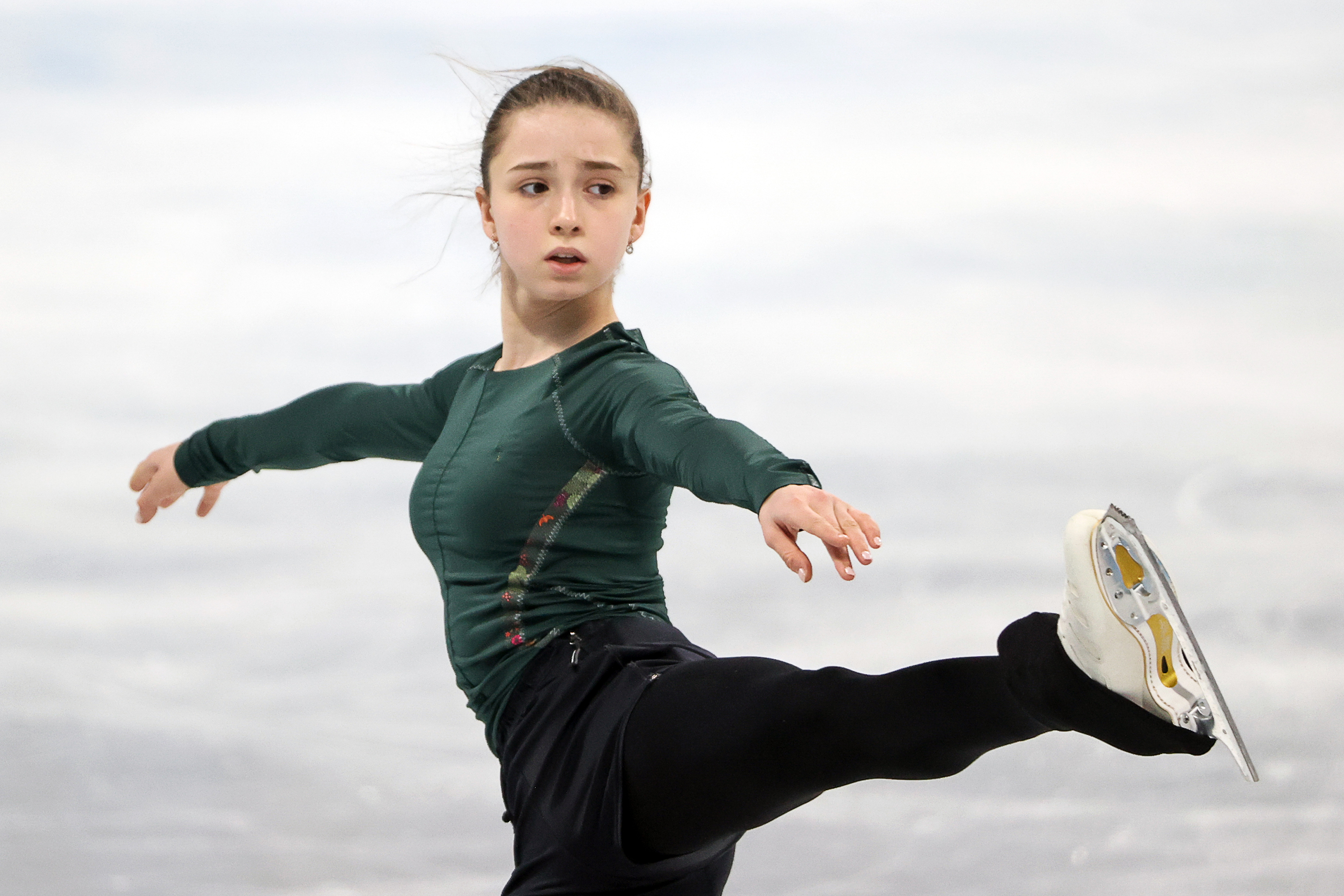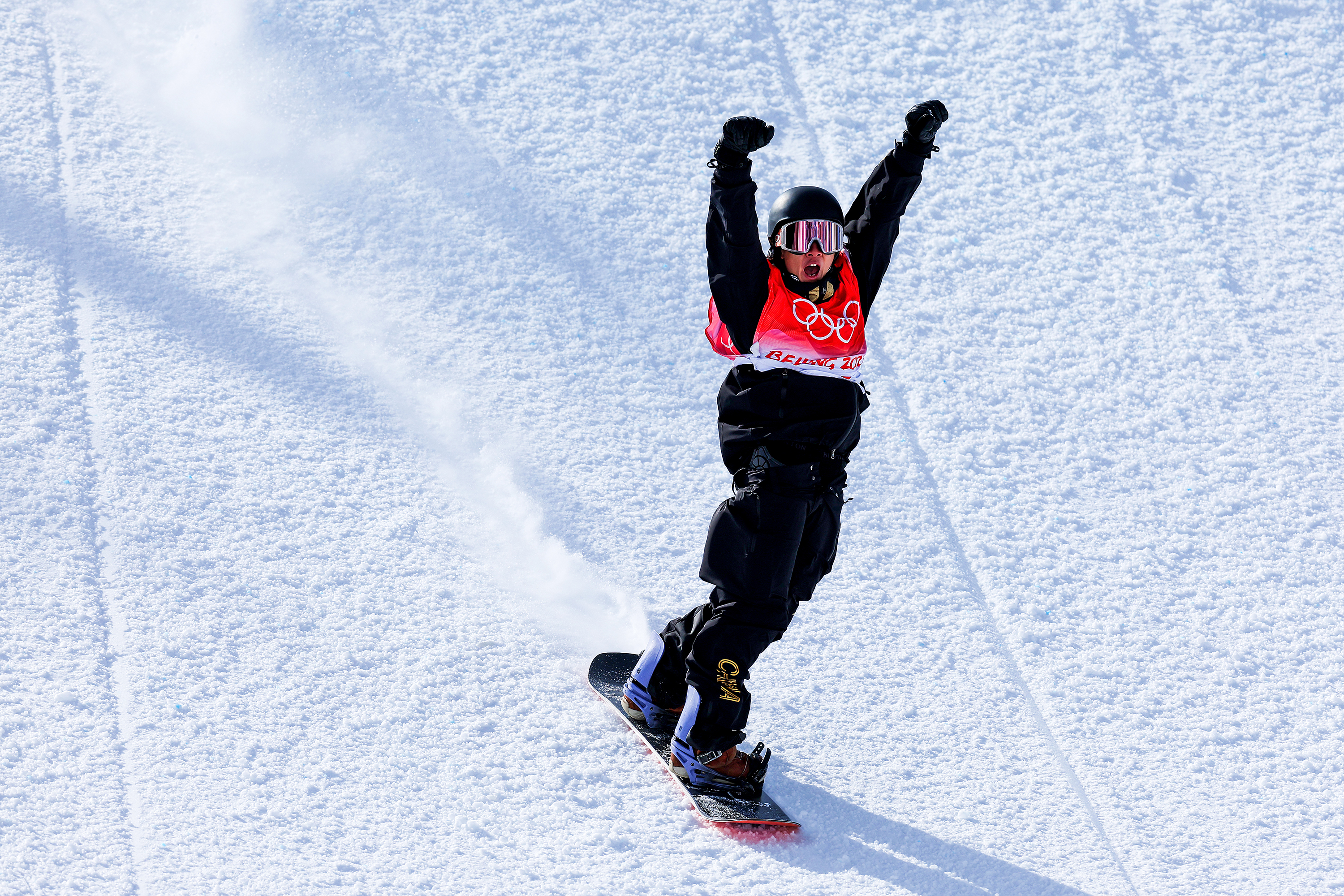
Chinese fans on social media are outraged that Canadian snowboarder Max Parrot won gold in Monday's slopestyle competition, beating out 17-year-old Chinese snowboarder Su Yiming.
As of Friday, a hashtag about the issue had garnered more than 670 million views on China's leading social media platform Weibo, with fans arguing that Su should have been Olympic champion.
Dispute over points: Parrot was awarded the winning score of 90.96 in his second run, while Su won silver with 88.7. However, unknown to the judging panel at the time, the Canadian grabbed his knee instead of his board during a trick — an error that should have resulted in a points deduction.
“We judged from the media angle that we were given,” Iztok Sumatic, head judge for Olympic snowboarding, told CNN Friday, adding: “from that point of view…we saw a clean execution.”
“Afterwards, when the score was already in, the TV replay showed the trick from another angle, where it was clearly shown that Max grabbed the board for a split second, but then let it go and just grabbed his knee.”
While it is difficult to know if Su would have come out on top, Sumatic acknowledged “the score might have been different.”
“It’s been very tough, there were a lot of hateful comments,” he added, referring to the backlash from fans.
Su's response: Despite the controversy, Sumatic said he received a call after the event from the Chinese snowboarder and his coach, saying they were happy with the result and “totally respect” the judges' decision.
